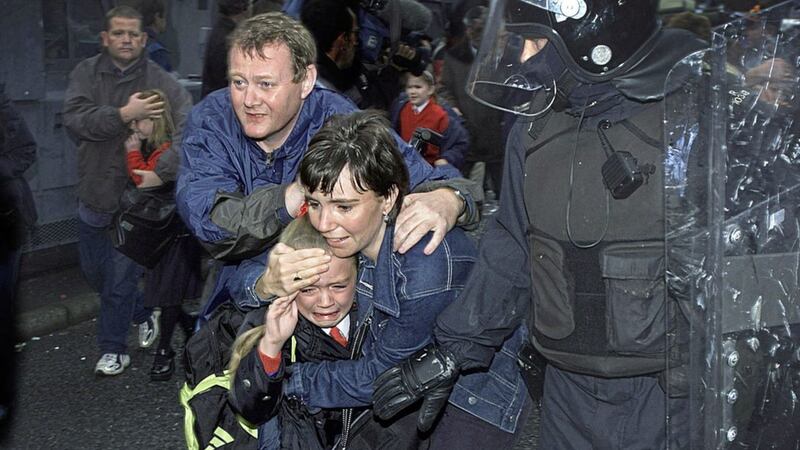OH, the places I’ve been…
I didn’t read Dr Seuss as a child. Unfortunately, I was too busy reading twee and borderline racist Enid Blyton tales where fortitude in the face of adversity was always rewarded and fair play won out in the end.
My feeling is that the little me wouldn’t have believed in the exuberant world of possibilities ahead of me as outlined by Theodore Seuss Geisel in his final work.
But it’s chicken and egg, isn’t it? If you exclusively read early twentieth century children’s restorative justice tomes you are unlikely to embrace fin de siecle American enthusiastic realism.
And yet, as I bid farewell to a 20-year career in journalism I can’t help but reflect on how much his simple wisdom could have guided me.
Perhaps my feeling on graduating from my newspaper journalism course would not have been abject terror if I had inculcated his opening verse: “Today’s your day. You’re off to Great Places . You’re off and away!”
In reality the great places ended up being Carrickfergus and later Belfast (encompassing an abortive sojourn in Newry which we don’t talk about).
But of course, the absolute privilege of being a journalist is that your actual journey is not to places on a map, but into people’s lives.
Even if you become a foreign or war correspondent, your job is not about geography, it’s not to report the map coordinates, levels of precipitation or catalogue the artillery being used. It is to take readers with you into the lives of strangers and make sure by the end they are not longer strangers but fellow travellers – albeit in extraordinary circumstances.
Every journalist I have stood beside on every unfamiliar street with no idea what has just happened will know the truth that all you really need is “brains in your head” and “feet in your shoes”. I would probably have added “a notebook and pencil”, but in fairness the good doctor hadn’t planned to write a reporters’ manual.
For good or ill, we are the writers of the first draft of history. We have a front row seat for the triumphs and the tragedies of our time.
Most of the time we don’t even realise it in that moment, consumed instead with the need to accurately take in every detail and convert it into a coherent narrative that will engage and enlighten our readers.
Occasionally you do know that you are bearing witness to seismic events. I can probably count those days on the fingers of one hand – walking with terrified children through a wall of screaming invective through a protective tunnel of armed officers to their school at Holy Cross and the Ballymurphy inquests spring to mind.
Other stories have grown in significance in retrospect and may yet retreat back into the shadows. It is not for us to know. Our children and grandchildren will be the ultimate arbiters of which stories actually mattered in the bend of our part of the universe.
In my early days as a journalist I was just desperate not to make a mistake, to `do it right’. That was often measured for me with my stories’ proximity to the front of the paper, and by me through lack of calls or letters of complaint.
With experience comes perspective and latterly my overriding desire has been Hippocratic - to `do no harm’, to meet people in crisis and do my utmost to help them and at the very least leave them no worse off than before I arrived.
My former colleague, the great photographer Brendan Murphy, highlighted early on in my career the trust which vulnerable strangers place in us every day to bear witness to their pain and suffering.
As I leave journalism I carry them with me in my heart.
But Dr Seuss has spoken: “Today is your day. Your mountain is waiting. So… get on your way!”








